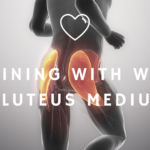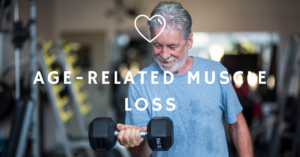andropause: what you need to know
Andropause, also known as male menopause, refers to a gradual decline in testosterone levels in aging men. While not all men experience the same symptoms or severity, it generally occurs in men over the age of 40.
Testosterone is a crucial hormone for men, responsible for various functions, including muscle growth, bone density, energy levels, and overall well-being. As testosterone levels decline during andropause, it can have noticeable effects on men’s gym performance and health.
Reduced testosterone levels during andropause can lead to decreased muscle mass and strength. This means that men may find it harder to build and maintain muscle, requiring a more targeted workout routine to counteract these changes.
Andropause can also contribute to increased body fat, particularly around the abdomen. This shift in body composition can affect both aesthetic goals and overall health. Regular exercise, especially strength training and cardio, becomes even more important during this phase to manage weight and maintain a healthy body composition.
Low testosterone levels may result in reduced energy levels and motivation. Men may feel fatigued more easily and find it harder to maintain an active lifestyle. Engaging in regular exercise and maintaining a balanced diet can help improve energy levels and combat fatigue associated with andropause.
Beyond physical changes, andropause can impact mental well-being. Men may experience mood swings, irritability, and even depression. Exercise plays a vital role in managing stress, improving mood, and enhancing overall mental health.
While andropause is a natural part of aging, men can take proactive steps to mitigate its effects. Regular strength training exercises, including compound movements like squats and deadlifts, can help stimulate testosterone production and maintain muscle mass.
Incorporating cardiovascular exercises, such as running, swimming, or cycling, can support heart health, manage weight, and enhance overall fitness during andropause.
Proper nutrition is crucial during this phase. A diet rich in lean protein, healthy fats, fruits, vegetables, and whole grains can support hormone production, maintain muscle mass, and optimize overall health.
It’s important for men experiencing symptoms of andropause to consult with healthcare professionals or fitness experts. They can provide personalized advice, hormone level testing, and recommend suitable exercise routines and nutrition plans tailored to individual needs.
Remember, everyone’s experience with andropause may vary, and it’s essential to seek professional guidance for personalized support and advice.






